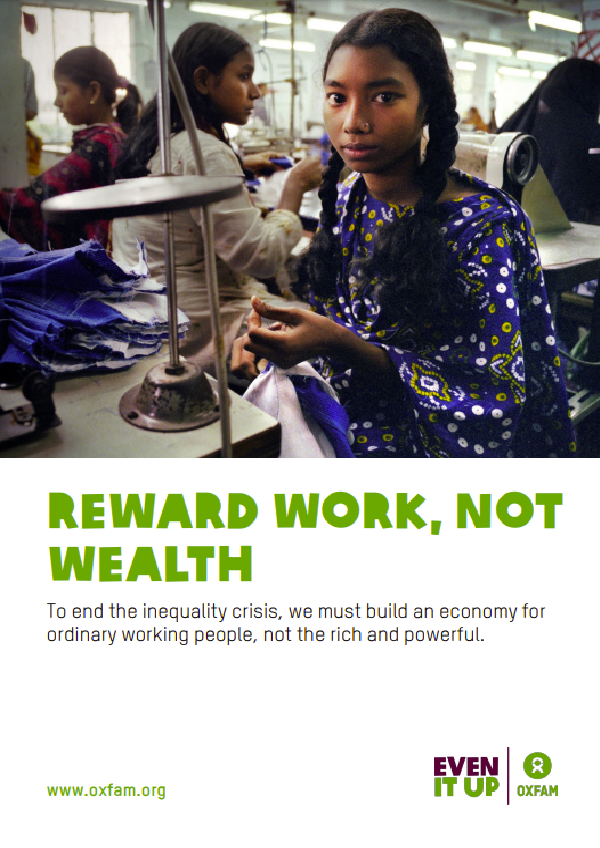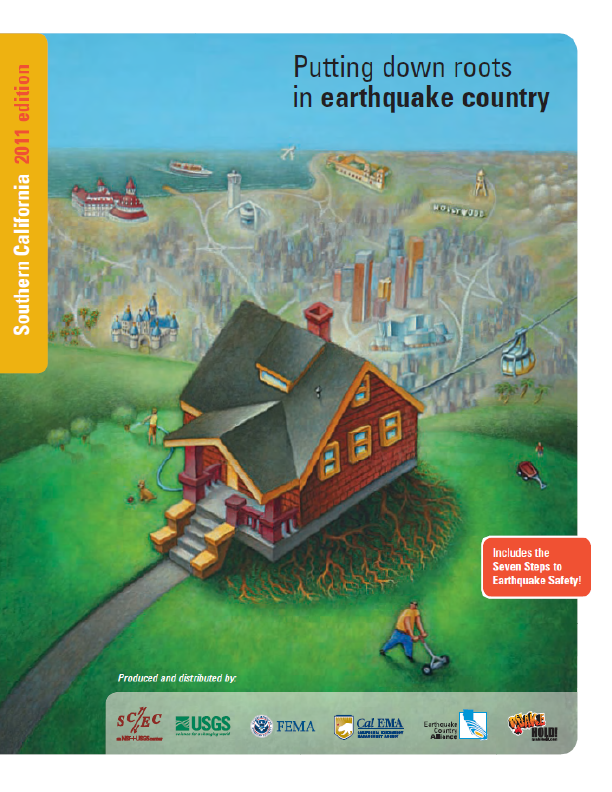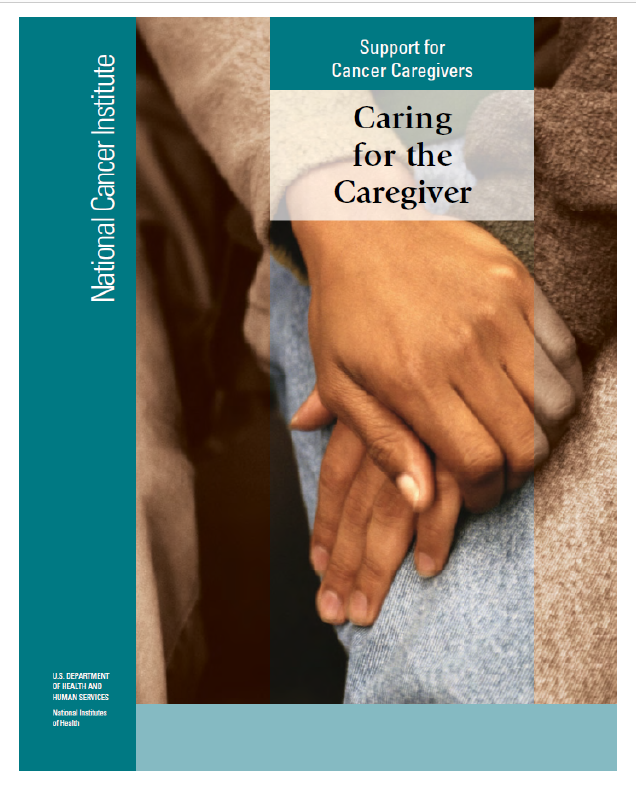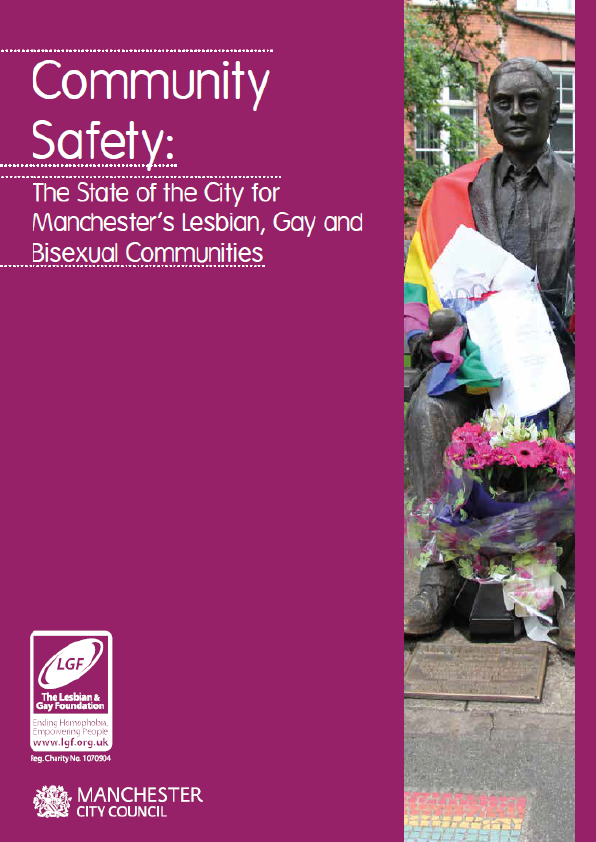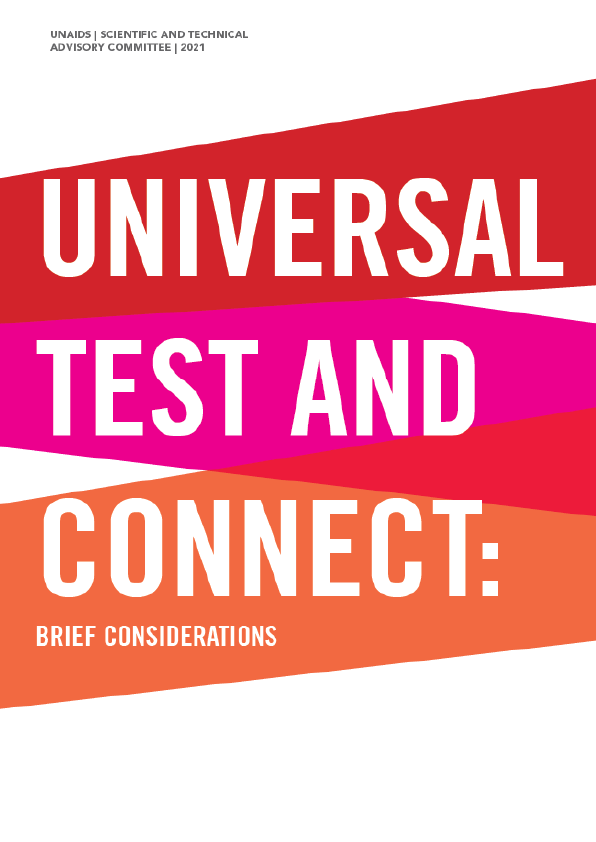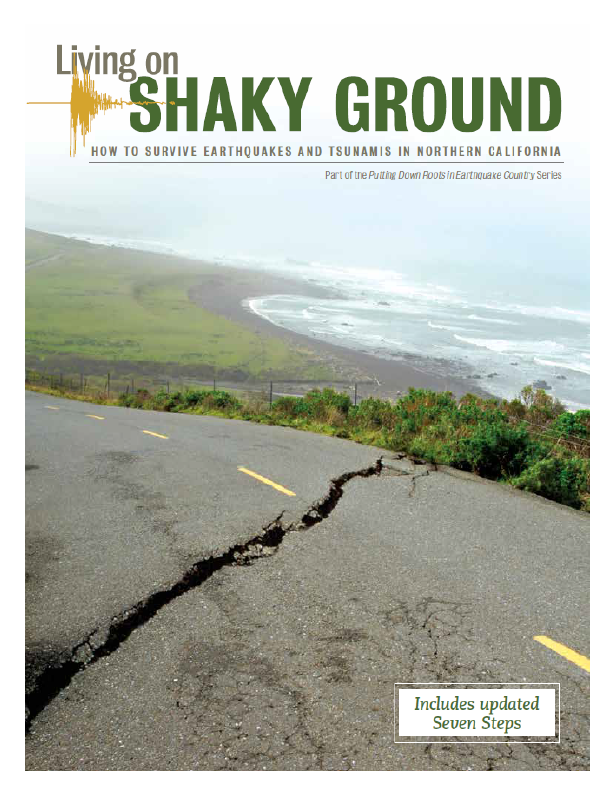Reward work, not wealth
To end the inequality crisis, we must build an economy for ordinary working people, not the rich and powerful.
In 2016, annual share dividends from the parent company of fashion chain Zara to the world’s fourth-richest man, Amancio Ortega, were worth approximately €1.3bn.1 Stefan Persson, whose father founded H&M,2 is ranked 43 in the Forbes list of the richest people in the world, and received €658m in share dividends last year. There are wide varieties of economic inequality, most notably income inequality measured using the distribution of income (the amount of money people are paid) and wealth inequality measured using the distribution of wealth (the amount of wealth people own). Besides economic inequality between countries or states, there are important types of economic inequality between different groups of people.
Anju works sewing clothes in Bangladesh for export. She often works 12 hours a day, until late at night. She often has to skip meals because she has not earned enough money. She earns just over $900 dollars a year.
Last year saw the biggest increase in the number of billionaires in history, with one more billionaire every two days. There are now 2,043 dollar billionaires worldwide. Nine out of 10 are men.5 Billionaires also saw a huge increase in their wealth. This increase was enough to end extreme poverty seven times over. 82% of all of the growth in global wealth in the last year went to the top 1%, whereas the bottom 50% saw no increase at all.
Living wages and decent work for the world’s workers are fundamental to ending today’s inequality crisis. All over the world, our economy of the 1% is built on the backs of low paid workers, often women, who are paid poverty wages and denied basic rights. It is being built on the backs of workers like Fatima in Bangladesh, who works sewing clothes for export. She is regularly abused if she fails to meet targets and gets sick because she is unable to go to the toilet.7 It is being built on the backs of workers like Dolores in chicken factories in the US, suffering permanent disability and unable to hold their children’s hands.8 It is being built on the backs of immigrant hotel cleaners like Myint in Thailand,9 sexually harassed by male guests and yet often being told to put up with it or lose their jobs.
This paper looks at growing extreme wealth, and those who work but live in poverty. It explores why this is happening, and gives recommendations on how it can be fixed
STOP TALKING AND GIVE PEOPLE WHAT THEY WANT: A MORE EQUAL WORLD
It is hard to find a political or business leader these days who is not saying they are worried about inequality. Yet actions, not words, are what count, and here most of our leaders are lacking. Indeed, many are actively promoting policies that can increase inequality. President Trump was elected promising to help ordinary workers, but has appointed a cabinet of billionaires and is pushing for huge tax cuts for the richest 1%. President Buhari of Nigeria has said that he believes inequality is leading to growing anger and frustration, but in Nigeria, billions in oil wealth are suspected of being stolen, inequality continues to grow and 10 million children are still out of school. Oxfam and Development Finance International has compiled a detailed index of 152 governments’ actions to tackle inequality, and the majority are shamefully failing to do nearly enough to close the gap.
